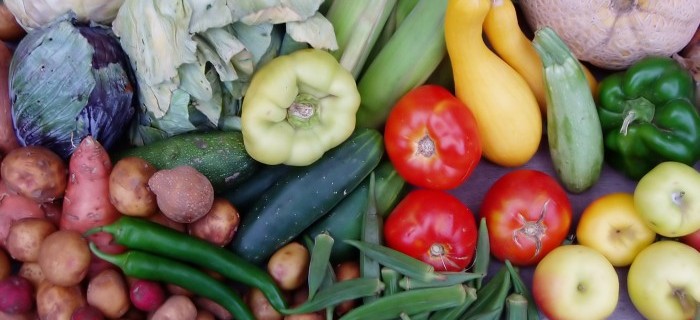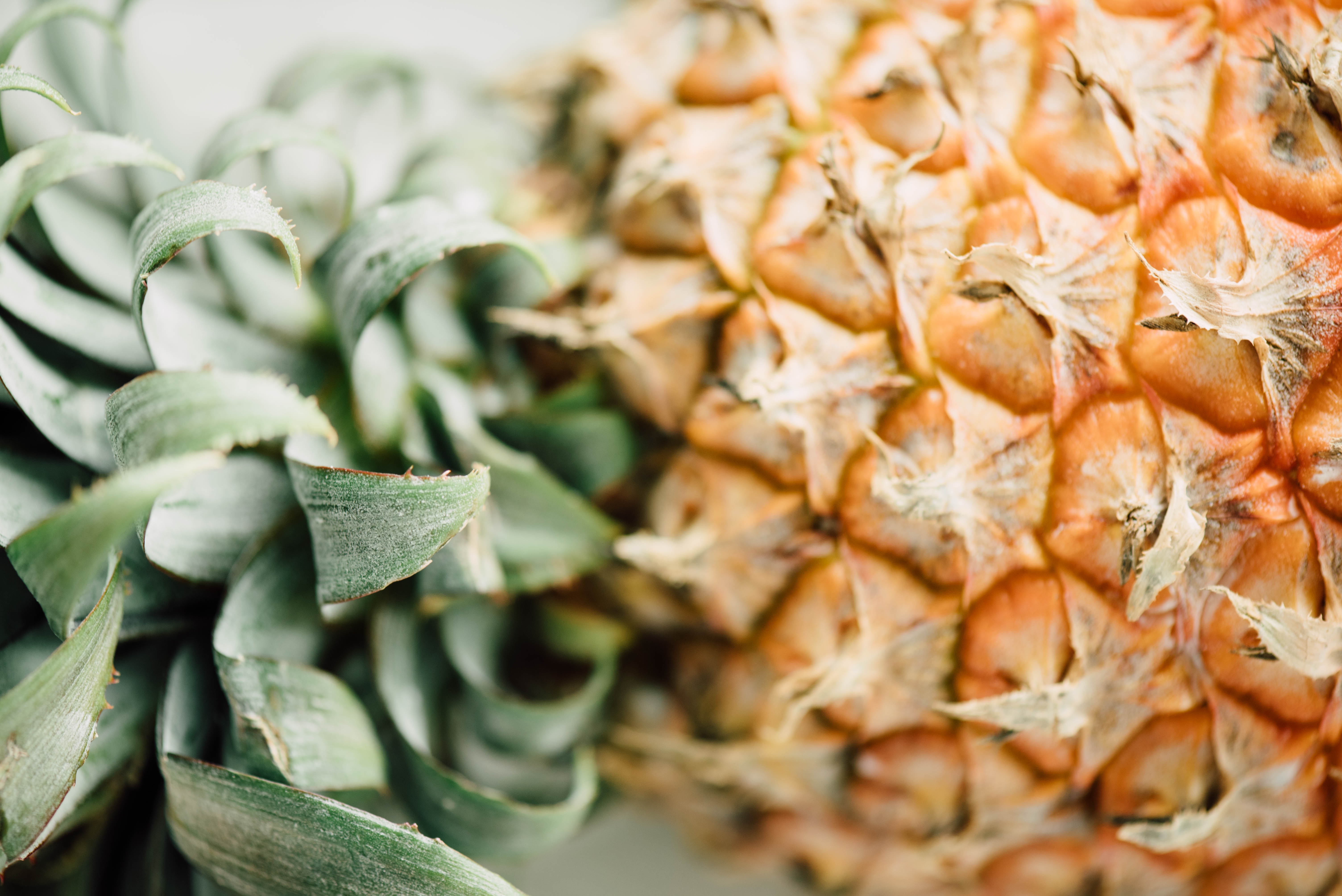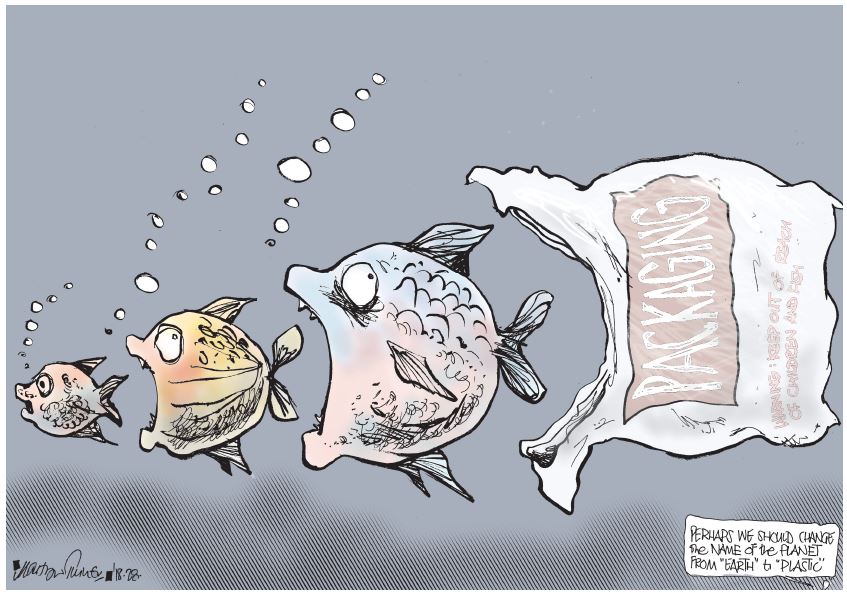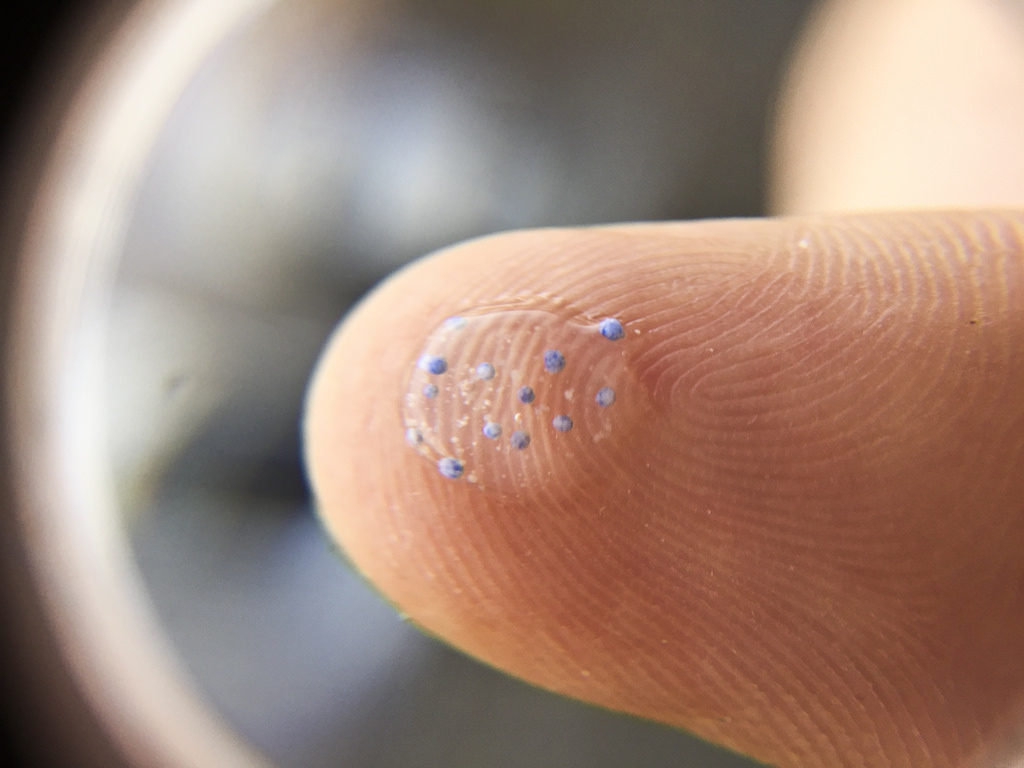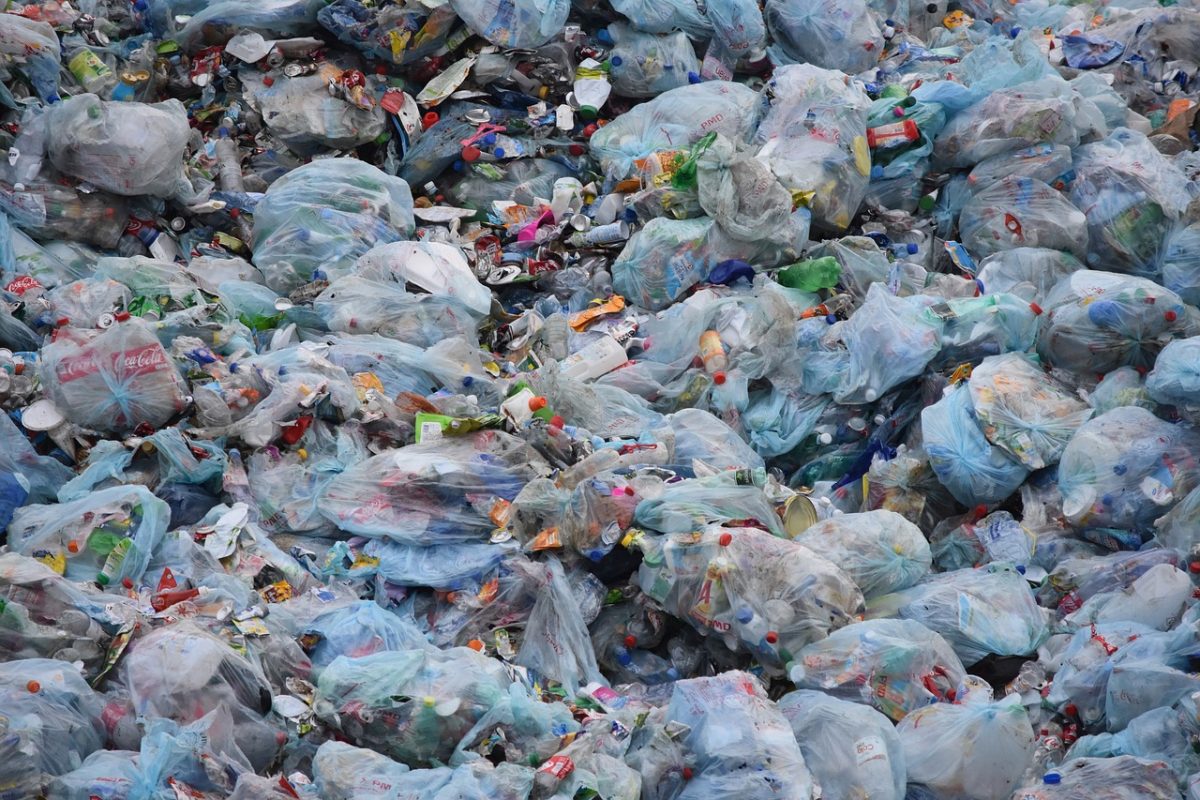Scientists accidentally engineer more efficient plastic-munching bacteria

April 20th, 2018
An international team of scientists has accidentally engineered a more efficient version of naturally occurring plastic-munching bacteria.
Researchers are hoping that the accidental discovery would provide a safe and quick solution to the world’s plastic pollution emergency.
In 2016, Japanese researchers discovered a type of bacteria naturally evolved to eat non-biodegradable plastic. The enzyme named Ideonella Sakaiensis breaks down a thumbnail-sized piece of polyethylene terephthalate PET (used in drink bottles) in just six weeks.
The microbe employs an enzyme called PETase to break down the plastic it consumes. According to researchers, the enzyme’s structure is similar to the one used by some bacteria to digest cutin, a waxy protective substance which grows on plants.
The super-powered version of the bacteria was accidentally discovered when American researchers from the National Renewable Energy Laboratory and British scientists of Portsmouth University were trying to “get a clearer picture” of how Ideonella Sakaiensis has evolved.
The scientists tweaked the enzyme in the lab leading to the incidental discovery of a new mutant organism which breaks down plastic 20 per cent more efficiently – taking only a few days to break down plastic.
“What we are hoping to do is use this enzyme to turn this plastic back into its original components, so we can literally recycle it back to plastic,” said lead researcher Professor John McGeehan.
He added: “It means we won’t need to dig up any more oil and, fundamentally, it should reduce the amount of plastic in the environment.”
The researchers believe that PETase can be engineered into yet more efficient enzymes capable of breaking down plastic very swiftly. They suggest the enzymes would work best at places with extreme temperatures where plastic softens and becomes easier to break down.
The global plastic pollution is growing at a fast pace. According to a 2017 study, humans are responsible for producing 9 billion tonnes of plastic in less than a century. Only 9 per cent of which has been recycled, 12 per cent incinerated and 79 per cent has ended up in landfills.
By Producing 52 kg of plastic per person Ireland is the top producer of plastic in the EU, according to Eurostat’s latest figures.
Left on its own, plastic may take centuries to break down. Scientists predict that humans will produce 13.2 billion tonnes of plastic by 2050.
The EU has set 50 to 70 per cent recycling targets for waste, including plastic waste, in all member countries by 2020. All plastic packaging should be recyclable by 2030.
The EU-funded P4SB project which includes researchers from UCD is working to modify natural bacteria to produce new designs that can live off plastics and break them down.
The broken down plastics can then be turned into useful end products to make new, biodegradable plastics, according to the Project coordinator Nick Wierckx of RWTH Aachen University in Germany.
“This effectively removes the damaging effects of plastic waste from the environment at the same time as producing economically attractive raw materials,” he added.
[x_author title=”About the Author”]
